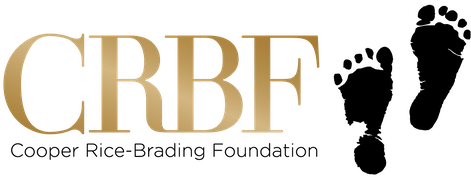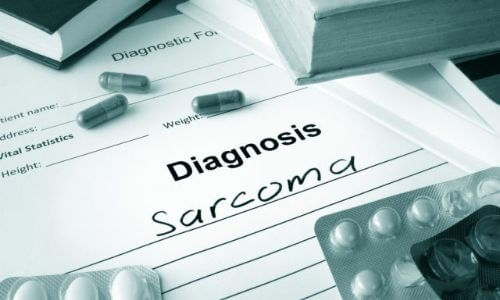The Background
When Cooper was in the hospital fighting for his life in Australia, the 18-year-old was extremely curious about why there were no new treatments. He asked his doctors’ many questions his dad Colin Brading noted. Cooper passed due to the bone cancer, tragically, but his family set up a foundation to help search for a cure to the disease—it was what Cooper wanted. His life force lives on in his foundation which will persist from now onward to help others that were in his position.
Enter Interleukin-23 (IL23)
Researchers at Garvan Institute of Medical Research uncovered that the immune molecule is key to the growth of the tumor and targeting it in studies successfully shrank cancer in mice reported 9 News in Australia. Immunotherapies targeting IL23 represent an important push in the fight against autoimmune diseases such as arthritis, inflammatory bowel disease, and the skin condition psoriasis. Professor David Thomas with Garvan Cancer Research and Director of The Kinghorn Cancer Centre noted: “When we blocked IL23 or knocked it out in the mouse in this particular case, we stopped tumors from development.”
Planned Sarcoma Study Powered by the Spirit of Cooper Rice-Brading
The Cooper Rice-Brading foundation is helping to pay for clinical research along with the Garvan Institute of Medical Research to explore existing IL23 therapies for this form of bone cancer. Funds inbound will go towards clinical trials which will commence before the second half of 2020 reports 9 News. Professor Thomas noted, “We hope to treat up to 32 people with advanced, incurable sarcomas.”
The Cooper Rice-Brading Foundation
For those that want to contribute to keeping Cooper’s vision alive, they can follow the link to the Cooper Rice-Brading Foundation and contribute so that we can be certain that this important clinical trial will occur. Brading’s dad stated, “it is Cooper’s vision becoming a reality.” See the link for the donation page.
The Garvan Institute of Medical Research
Garvan Institute of Medical Research is a leading, multi-disciplinary biomedical research institute in Darlinghurst, Sydney. With some of the brightest minds and best technologies on the planet, they like to look at the big picture of health and disease.
They were founded in 1963 by the Sisters of Charity as a research department of St. Vincent’s Hospital. Now one of Australia’s largest medical research institutions with approximately 750 scientists, students and support staff.
Major focus areas for investigational research include cancer, diabetes, osteoporosis, Alzheimer’s disease, Parkinson’s disease as well as other autoimmune disorders and asthma. They specialize in genetic and molecular technologies and emphasize collaborative research.

